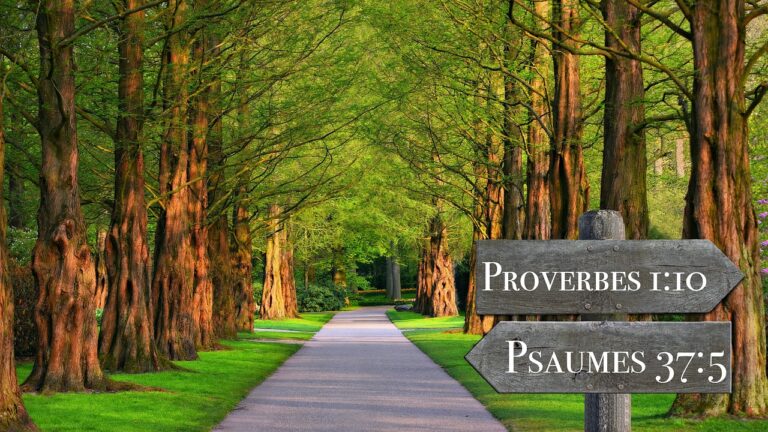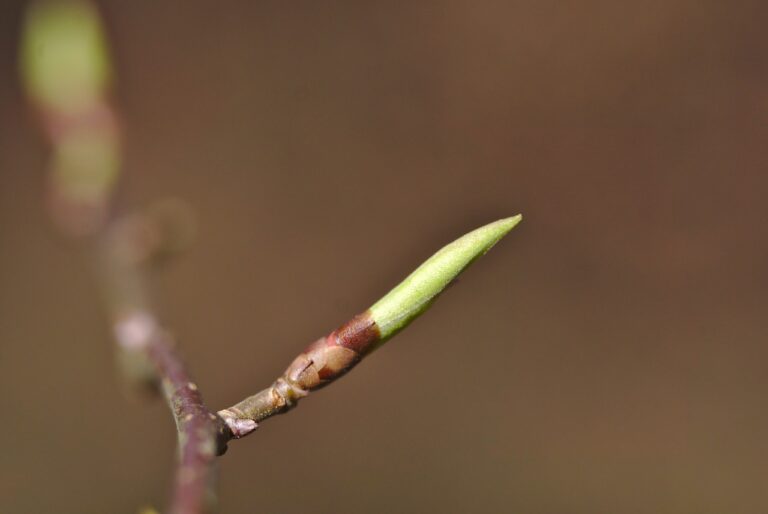Sustainable Water Management and Conservation Practices at Campsites: Tiger exange, Golden77 login, Sky 99 exch app
tiger exange, golden77 login, sky 99 exch app: Sustainable Water Management and Conservation Practices at Campsites
Are you a camping enthusiast who loves spending time in the great outdoors? If so, it’s crucial to practice sustainable water management and conservation at campsites to protect the environment and ensure water availability for future generations. Here are some tips to help you minimize water usage and make the most of this precious resource during your outdoor adventures.
Choose a Campsite with Water Conservation in Mind
When selecting a campsite, opt for locations that provide access to water sources like streams, rivers, or lakes. These natural bodies of water can be used for various activities like swimming, fishing, or washing dishes. However, it’s essential to follow Leave No Trace principles and avoid contaminating these water sources with soap or other pollutants.
If a campsite doesn’t have natural water sources nearby, look for facilities with water spigots or designated water filling stations. These locations make it easier to access clean water for drinking, cooking, and cleaning without depleting local resources or harming the environment.
Practice Water Conservation in Daily Activities
Once you’ve set up camp, be mindful of your water usage throughout your stay. Simple practices like turning off the faucet while brushing your teeth, using biodegradable soap for washing dishes, and taking quick showers can help conserve water and reduce your environmental impact.
Consider using reusable water bottles or hydration packs to minimize single-use plastic waste and ensure you have a readily available water supply while hiking or exploring the area. Refill these containers at designated water stations or natural sources, following any local regulations or guidelines to protect water quality and safety.
Dispose of Wastewater Properly
When washing dishes or cleaning up around camp, be sure to dispose of wastewater responsibly to prevent contamination of nearby water sources. Use designated gray water disposal areas or pits to filter out food particles and debris before releasing the water into the ground.
Avoid dumping any chemical products like bleach, detergents, or cleaning agents directly into the soil or water, as these substances can harm aquatic life and disrupt the natural ecosystem. Opt for environmentally friendly cleaning products or biodegradable soaps to minimize your impact on the environment and keep water sources clean and safe for all.
FAQs
Q: How can I reduce water usage while camping?
A: To minimize water usage at campsites, try taking quick showers, turning off the faucet when not in use, using biodegradable soaps for washing dishes, and reusing water for multiple purposes whenever possible.
Q: Is it safe to drink water from natural sources?
A: While natural water sources like streams, rivers, and lakes can be a convenient source of drinking water, it’s essential to purify or filter the water before consumption to remove any potential contaminants or pathogens.
Q: What should I do with wastewater at campsites?
A: Dispose of wastewater properly by using designated gray water disposal areas or pits to filter out debris before releasing the water into the ground. Avoid dumping chemical products directly into the soil or water to protect the environment.
By following these sustainable water management and conservation practices at campsites, you can enjoy your outdoor adventures while minimizing your environmental impact and preserving water resources for future generations. Remember that every drop counts, and together, we can make a difference in protecting our planet’s most precious resource.







